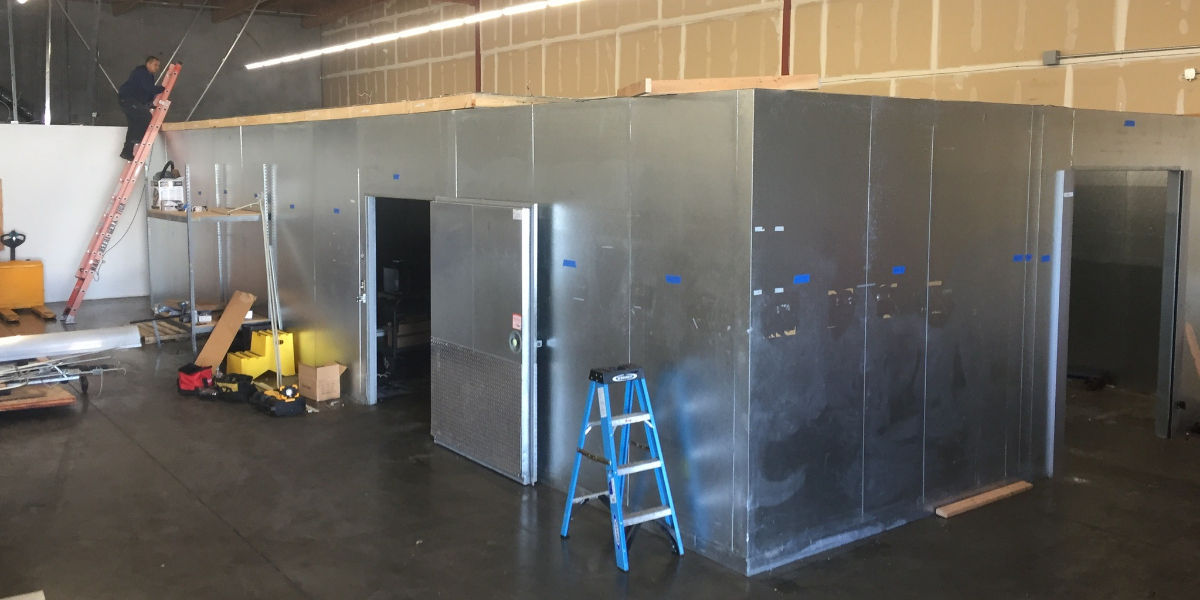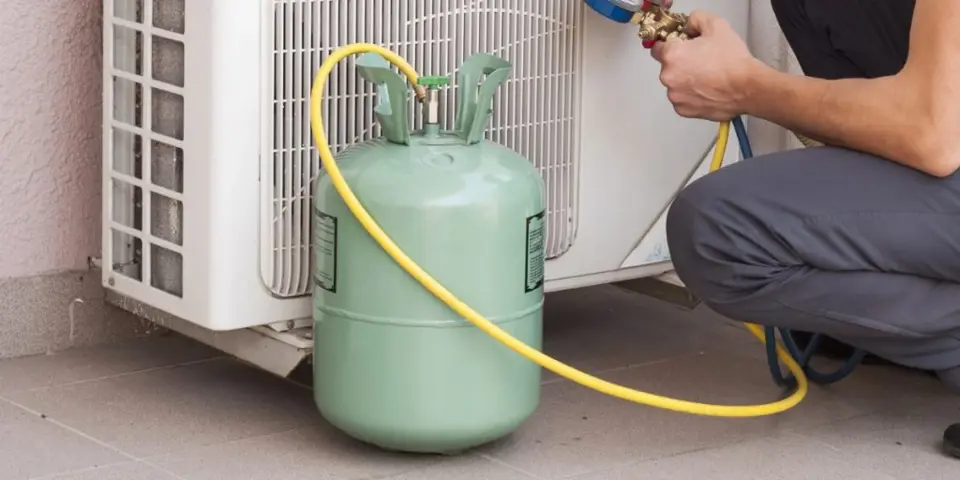Selecting the right commercial refrigeration system is crucial for businesses in various industries, such as restaurants, grocery stores, and food processing facilities. Optimizing energy efficiency, cost-effectiveness, and considering environmental impact are significant factors to ensure the success and sustainability of any business. In this comprehensive guide, we will explore the important factors to consider when choosing a commercial refrigeration system, including size, energy efficiency, and environmental impact.
Importance of Choosing the Right Commercial Refrigeration System
Energy Efficiency
Energy consumption is a major concern for businesses seeking cost-effective solutions, especially with rising electricity costs and environmental awareness. An energy-efficient commercial refrigeration system not only saves money on utility bills but also reduces the carbon footprint of your business. According to the Environmental Protection Agency (EPA), commercial refrigeration systems account for approximately 10% of the total energy consumption in the food service sector.
Cost-Effectiveness
Investing in an appropriate refrigeration system that meets your specific needs can result in long-term cost savings. It is essential to consider both initial investment and ongoing operational costs along with potential savings from energy-efficient models. Making informed decisions can help you avoid costly repairs and replacements in the future.
Environmental Impact
Reducing your business’s environmental impact has become a global priority. By selecting a refrigeration system with low global warming potential (GWP) refrigerants and high energy-efficiency ratings, not only can you minimize greenhouse gas emissions but also enhance your brand’s reputation as an environmentally responsible entity.
Factors to Consider when Choosing a Commercial Refrigeration System
Size and Capacity
Determining the appropriate size and capacity of your commercial refrigeration system is the first crucial step. You need to consider the volume of products you intend to store, the available space in your facility, and potential future growth requirements. An undersized system can lead to insufficient cooling and spoilage, while an oversized system can waste energy and increase costs unnecessarily.
Energy Efficiency Ratings
Look for commercial refrigeration systems with high energy efficiency ratings, such as ENERGY STAR certification. These systems are designed to consume less energy while maintaining optimal cooling conditions. ENERGY STAR estimates that businesses can save up to 35% on energy costs by choosing energy-efficient models over standard options.
Refrigerant Type
Refrigerants are essential components of any commercial refrigeration system. Traditional refrigerants such as hydrochlorofluorocarbons (HCFCs) and chlorofluorocarbons (CFCs) have been phased out due to their harmful effects on the ozone layer. It is crucial to choose refrigerants with low GWP, such as hydrofluorocarbons (HFCs) or natural refrigerants like ammonia, carbon dioxide, or propane. Each refrigerant type has its advantages and considerations, so consulting with a reputable refrigeration specialist will help you make an informed decision.
Maintenance and Service Requirements
Consider the maintenance and service requirements of the commercial refrigeration system you are considering. Regular maintenance and servicing are essential to ensure optimal performance and longevity. Check with your refrigeration specialist about the availability of spare parts, maintenance schedules, and after-sales service to mitigate potential disruptions to your business operations.
Challenges and Considerations
Budget Constraints:
Cost is often a significant consideration for businesses, particularly small and medium-sized enterprises. While budget constraints may limit your choices, it is important to strike a balance between initial investment and long-term cost savings. Energy-efficient models may have a higher upfront cost, but they provide substantial energy savings over the life of the system.
Space Limitations
Not all businesses have ample space to accommodate large refrigeration systems. In such cases, it becomes essential to explore compact and space-saving solutions without compromising on storage capacity and energy efficiency.
Regulatory Compliance
The commercial refrigeration industry is subject to various regulations aimed at reducing environmental impact. Ensure that the system you choose complies with all relevant regulations, such as the EPA’s Significant New Alternatives Policy (SNAP) program and regional regulations governing refrigerant usage.
Technical Expertise
Understanding the technical aspects of commercial refrigeration systems can be challenging for business owners. Consulting with a local refrigeration specialist, such as R&R Refrigeration, can provide expert guidance tailored to your specific needs. They can help assess your facility, recommend appropriate options, and guide you through the installation and maintenance process.
Conclusion
Choosing the right commercial refrigeration system for your business is an essential decision that can impact energy efficiency, cost-effectiveness, and environmental sustainability. By considering factors such as size and capacity, energy efficiency ratings, refrigerant type, and maintenance requirements, you can optimize your business operations while minimizing your carbon footprint. Remember to consult with a reputable refrigeration specialist to ensure you make informed decisions aligned with your business goals and regulatory compliance.
Frequently Asked Questions about Choosing a Commercial Refrigeration System
How often should I schedule maintenance for my commercial refrigeration system?Regular maintenance is crucial for optimal performance and longevity of your commercial refrigeration system. It is recommended to schedule professional servicing at least twice a year, but frequency may vary depending on factors such as system age, usage, and manufacturer’s recommendations.
What are the potential rebates or incentives available for upgrading to an energy-efficient commercial refrigeration system?Several utility companies and government programs offer rebates and incentives for businesses that invest in energy-efficient equipment. Check with your local utility provider or government agency to determine what financial incentives are available in your region.
Are natural refrigerants a safer and more environmentally friendly option?Natural refrigerants, such as ammonia, carbon dioxide, and propane, have lower global warming potentials compared to traditional refrigerants. They are considered environmentally friendly options but require careful handling and expertise during installation and maintenance.
Can I retrofit an old commercial refrigeration system to improve energy efficiency?Depending on the system’s age and condition, retrofitting may be a viable option to improve energy efficiency. However, it is best to consult with a refrigeration specialist to evaluate the feasibility and cost-effectiveness of retrofitting versus opting for a new energy-efficient system.




.jpg.webp)

